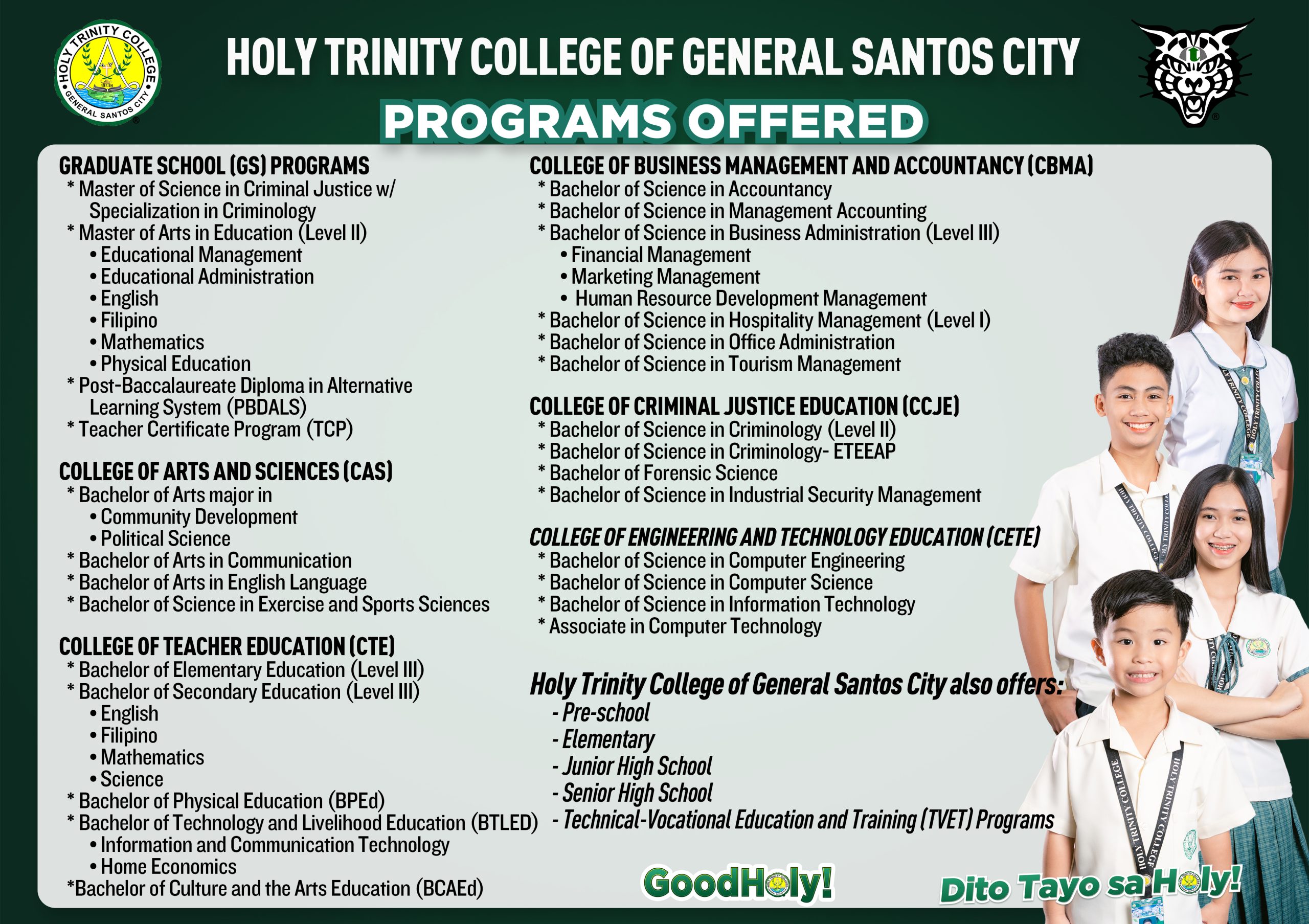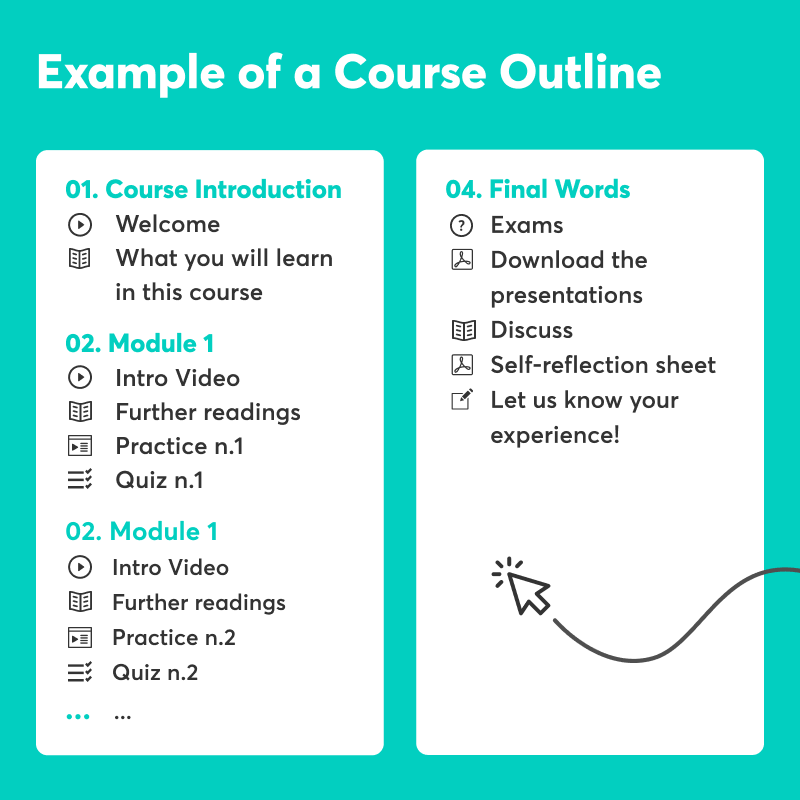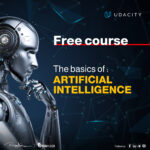My Journey Through Academic Courses: Unlocking New Worlds of Learning
Remember that feeling right after high school? Or maybe you’re there now, standing at a crossroads, wondering what comes next. For me, it was a mix of excitement, a little bit of fear, and a whole lot of questions. One of the biggest questions looming was: "What exactly are academic courses, and are they even for me?"
If you’re feeling that same swirl of thoughts, pull up a chair. I’m going to share my own story, walking you through what I’ve learned about academic courses, why they became such a big part of my life, and how you can navigate your own path, even if you’re a complete beginner.
So, What Exactly Is an Academic Course? My Beginner’s Guide
When I first heard the term "academic course," it sounded incredibly formal, almost intimidating. I pictured dusty old books and stern professors. But I quickly learned that it’s much simpler than that.
At its heart, an academic course is a structured program of study offered by an educational institution – think universities, colleges, or even specialized learning centers. It’s designed to teach you about a specific subject or field, moving you from basic concepts to more advanced understanding.
Imagine you’re building a house. An academic course isn’t just handing you a hammer; it’s giving you the blueprints, teaching you about different materials, showing you how to pour a foundation, frame the walls, and put on a roof, step by step.
These courses can range from a single semester module, like "Introduction to Psychology" or "Calculus I," to a whole degree program that strings many courses together, such as a Bachelor of Arts in History or a Master of Science in Engineering. The goal is always the same: to deepen your knowledge, hone your skills, and expand your perspective.
My First Dip in the Academic Pool: A Memory
I remember my very first academic course vividly. It was "Fundamentals of Communication." Sound intimidating? Maybe a little! I was fresh out of high school, and suddenly I was in a lecture hall with hundreds of other students. The professor, a kind but very articulate woman, started talking about things like "sender-receiver models" and "non-verbal cues." My initial thought was, "Is this really what I signed up for?"
But as the weeks went by, something clicked. We weren’t just memorizing definitions; we were analyzing real-life conversations, understanding why misunderstandings happen, and learning how to express ourselves more clearly. I started seeing the world differently. Every interaction became a mini-experiment in communication theory!
This single academic course wasn’t just about getting a grade; it was about equipping me with a new lens through which to view human connection, a skill that has served me in every job and relationship since.
Beyond the Textbook: Why Academic Courses Truly Matter
You might be wondering, why bother with academic courses at all? In today’s fast-paced world, isn’t it better to just learn on the job or through quick online tutorials? While those have their place, I quickly learned that academic courses offer something truly unique and foundational.
Here are just a few reasons why taking an academic course, or a series of them, can be a game-changer:
- Structured, Deep Learning: Unlike quick tutorials, academic courses provide a comprehensive, organized approach to a subject. You get the whole picture, not just bits and pieces. This structured learning helps build a strong foundation.
- Critical Thinking Skills: This is huge. My courses taught me how to think, not just what to think. You learn to analyze information, question assumptions, evaluate arguments, and form your own informed opinions. It’s like getting a toolkit for your brain.
- Expert Guidance: You’re learning from professors and instructors who are often leaders in their fields. They bring years of experience, research, and passion to the classroom. Their insights are invaluable.
- Credibility and Recognition: A degree or certificate from an accredited academic course signals to employers (and yourself!) that you have a certain level of knowledge and dedication. It opens doors to new career paths and opportunities.
- Personal Growth: Beyond career benefits, academic courses challenge you. They push you out of your comfort zone, expose you to new ideas, and connect you with diverse perspectives. You’ll discover new interests and capabilities you never knew you had.
- Networking Opportunities: You’ll meet fellow students, many of whom might become lifelong friends, colleagues, or mentors. The connections you make can be just as valuable as the knowledge you gain.
For me, it wasn’t just about gaining specific knowledge; it was about becoming a more well-rounded, thoughtful, and capable individual. The benefits of academic courses extend far beyond the classroom walls.
Navigating Your Own Academic Path: Tips from My Experience
Okay, so you’re thinking about diving in. That’s fantastic! But how do you choose, and how do you make the most of it? Here are some tips I picked up along the way, especially helpful if you’re a beginner:
1. Finding Your North Star: Choosing the Right Course
This can feel overwhelming. There are so many options! Here’s what helped me:
- Follow Your Curiosity: What genuinely excites you? What topics do you find yourself Googling late at night? Start there. Learning is much easier when you’re passionate about the subject.
- Consider Your Goals: Are you looking to advance in your current career, switch fields entirely, or just learn for personal enrichment? Your goals will help narrow down the options.
- Do Your Homework: Don’t just pick the first thing you see. Look up course descriptions, read syllabi (if available), and even search for reviews or testimonials from past students. Understand what you’re getting into.
- Start Small (If Needed): You don’t have to jump into a four-year degree right away. Many institutions offer single courses, certificate programs, or even introductory modules that let you test the waters without a huge commitment. This is a great way to explore online academic courses for beginners.
2. Traditional vs. Digital: Where to Learn?
The world of academic courses has expanded dramatically. You’re no longer limited to sitting in a physical classroom.
- Traditional On-Campus Courses: These offer the classic university experience – in-person lectures, direct interaction with professors and classmates, access to libraries and campus facilities. If you thrive in a structured, face-to-face environment, this might be for you.
- Online Academic Courses: This is where I’ve found a lot of flexibility. Online courses allow you to learn from anywhere, often at your own pace. They’re perfect if you’re balancing work, family, or other commitments. I’ve taken several online courses and found them just as rigorous and rewarding as my in-person ones, though they require a bit more self-discipline.
Think about your learning style and your life circumstances when making this choice. Both have their unique advantages.
3. Making the Most of It: My Go-To Strategies
Once you’re in an academic course, how do you truly thrive?
- Engage, Engage, Engage: Don’t just passively listen or read. Ask questions, participate in discussions (even if it’s just in online forums), and connect the material to your own life experiences.
- Don’t Be Afraid to Ask for Help: Professors have office hours for a reason! If you’re struggling, reach out. Most instructors genuinely want to see you succeed. Utilize tutoring services or study groups.
- Time Management is Your Best Friend: Academic courses often involve readings, assignments, and projects with deadlines. Get a planner (digital or physical) and map out your schedule. Break down big tasks into smaller, manageable steps.
- Take Good Notes (But Don’t Just Copy): Develop a note-taking system that works for you. Try to summarize concepts in your own words rather than just transcribing. This helps with understanding and retention.
- Connect with Your Peers: Study groups can be incredibly helpful. Explaining concepts to someone else solidifies your own understanding, and hearing different perspectives can enrich your learning.
- Embrace the Challenge: There will be moments when you feel confused, frustrated, or even overwhelmed. That’s normal! Learning often happens when you push past those comfort zones. Stick with it.
The Unexpected Gifts of Academic Learning
Looking back, my journey through academic courses wasn’t just about accumulating knowledge or degrees. It was about building confidence, discovering resilience, and finding a community of curious minds. I learned to love the process of learning itself, understanding that education isn’t a destination but a lifelong adventure.
I stumbled, I questioned, and I celebrated small victories. Each course felt like opening a new door to a different room in a vast, fascinating house of knowledge.
Ready to Start Your Own Academic Adventure?
If you’ve been on the fence about taking an academic course, I hope my story has given you a little nudge. Whether you’re aiming for a full degree, a specialized certificate, or just want to explore a new passion, there’s an academic course out there for you.
Don’t let the formal name scare you away. It’s simply a structured path to deeper understanding and incredible personal growth. Take that first step, explore the options, and prepare to unlock new worlds of learning you never thought possible. Your academic adventure awaits!



